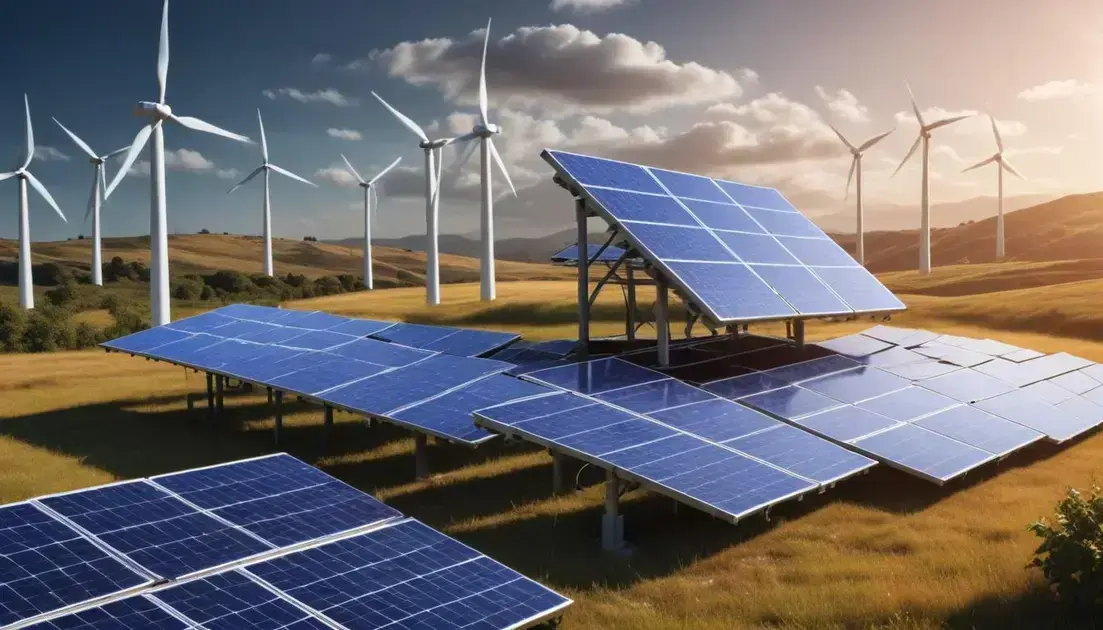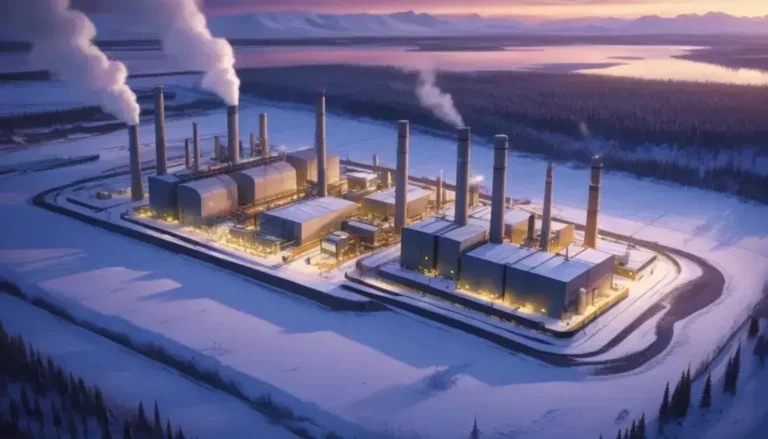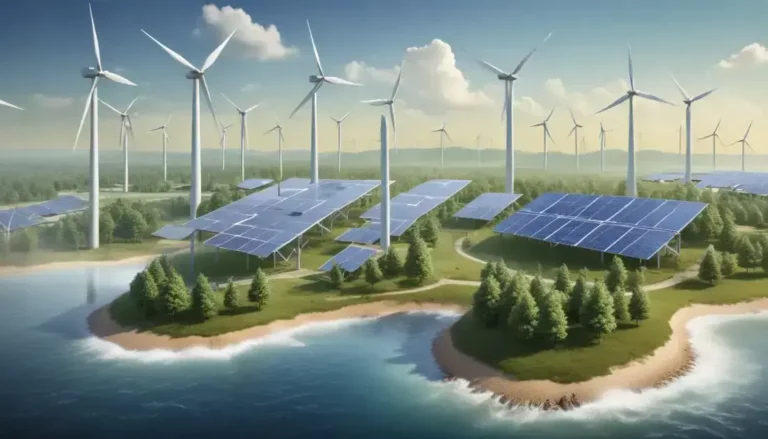AI fuels the renewable energy transition
Renewable energy is crucial for a sustainable future, and Power Purchase Agreements (PPAs) play a vital role in scaling these projects by providing financial stability and fostering long-term partnerships between energy producers and buyers.
Renewable energy is at a vital crossroads, and AI is key to advancing this transition. How can it meet the surging energy demand? Let’s explore.
The impact of AI on grid connections
The impact of AI on grid connections is profound, as it enhances the efficiency and reliability of energy distribution. By analyzing vast amounts of data, AI can optimize how energy is routed across grids, ensuring that supply meets demand in real time. This capability is crucial, especially as we incorporate many renewable energy sources.
Implementing AI enables smoother integration of renewable energy inputs into the grid. Predictive algorithms assess weather patterns and energy production, aiding in balancing fluctuating energy inputs. With these insights, grid operators can make informed decisions, reducing the risk of outages and improving service quality.
Furthermore, AI assists in managing energy storage systems, allowing for efficient energy storage and distribution. This technology ensures that surplus energy generated during peak production periods is stored for later use, thereby enhancing overall grid stability.
Ultimately, the synergy between AI and energy grids promises a more sustainable future. As the technology matures, we can expect further innovations that enhance grid management, increase energy efficiency, and support the transition to a more resilient energy infrastructure.
The role of Power Purchase Agreements in scaling renewable energy
Power Purchase Agreements, or PPAs, are crucial for scaling renewable energy projects. These contracts between energy producers and purchasers provide financial stability while encouraging investment in clean energy sources. By guaranteeing a buyer for the energy produced, PPAs reduce the risk associated with renewable projects.
Companies investing in renewable energy often rely on PPAs to secure the necessary funding. These agreements help allocate costs more predictably, allowing developers to estimate returns on investment accurately. In turn, this increases the likelihood of attracting investors who are crucial for financing large-scale renewable projects.
Moreover, PPAs foster long-term relationships between energy producers and corporations or utilities. These partnerships not only stabilize energy prices but also promote sustainability commitments from buyers looking to meet corporate social responsibility goals. As businesses increasingly prioritize sustainability, the demand for renewable energy through PPAs continues to grow.
In conclusion, PPAs play a vital role in advancing the adoption of renewable energy, creating a win-win scenario for both developers and purchasers. They streamline the process of integrating clean energy into existing power grids, further accelerating the transition to a sustainable energy future.
In conclusion, the future of renewable energy is bright
The role of renewable energy and AI cannot be underestimated. As we move towards a sustainable future, Power Purchase Agreements are essential for scaling up these green technologies.
By providing financial security and fostering partnerships, PPAs help drive investment into renewable projects. This not only benefits energy producers but also corporations aiming to meet sustainability goals.
As we embrace these agreements, we contribute to a cleaner planet and a more resilient energy system. The transition to renewable energy is not just a vision, it’s becoming a reality, and together we can empower this change.
Frequently Asked Questions
What is a Power Purchase Agreement (PPA)?
A Power Purchase Agreement is a contract between an energy producer and a buyer that outlines the terms for purchasing electricity, ensuring predictable pricing and revenue for renewable energy projects.
How do PPAs contribute to renewable energy growth?
PPAs provide financial stability for energy projects, making them more attractive for investment and helping to scale up the adoption of renewable energy by securing long-term buyers.
Why are renewable energy sources important for the environment?
Renewable energy sources, like solar and wind, produce little to no greenhouse gas emissions, making them essential for reducing climate change impacts and fostering a sustainable future.
How can companies benefit from entering into PPAs?
Companies can secure sustainable energy at predictable costs, enhance their corporate social responsibility profile, and meet environmental goals through the use of renewable energy.
What role does AI play in managing renewable energy grids?
AI optimizes energy distribution and manages the integration of renewable sources into the grid, improving efficiency and reliability while reducing the risk of outages.
Are there any risks associated with Power Purchase Agreements?
While generally beneficial, risks include potential changes in energy demand, regulatory environments, and market conditions that could affect pricing and availability.






